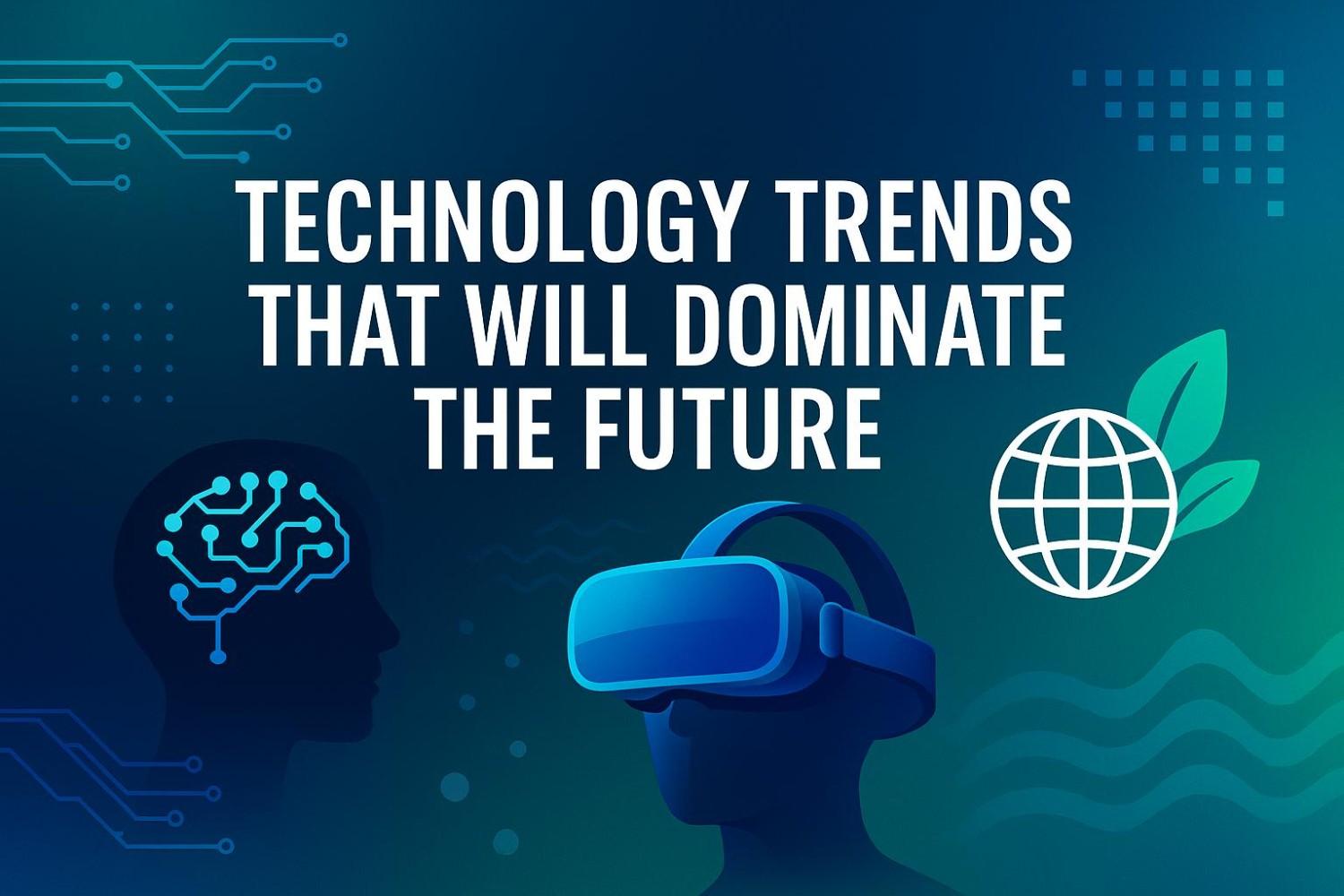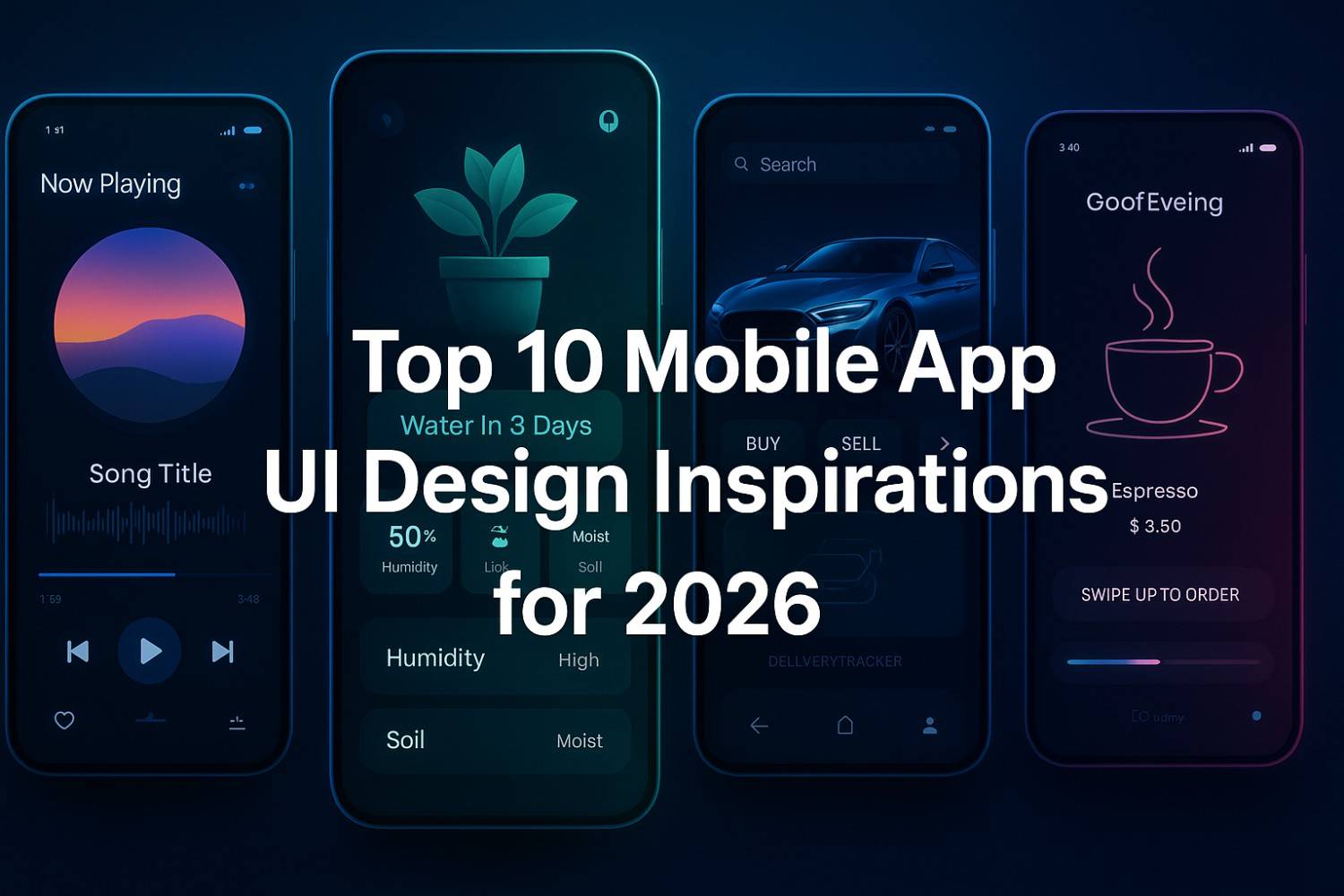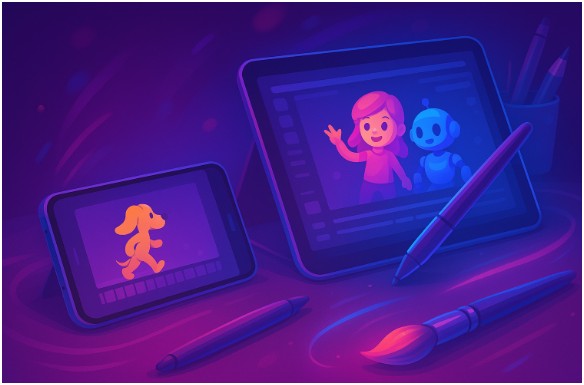Technology never stands still—it accelerates, reshapes industries, and redefines how we live and work. The technology trends that will dominate the future are not theoretical anymore; they are actively unfolding across every sector. From artificial intelligence and digital-physical convergence to quantum breakthroughs and sustainability-driven innovations, the next decade will reward those who adapt early.
In this guide, I explore the most significant trends driving this transformation—what they mean, where they’re headed, and how they’ll impact businesses and society.
The Shifting Landscape of Technology
Every major wave of innovation begins with a few converging forces. Today, three are particularly influential:
- The explosion of data generated by connected systems and devices.
- The pursuit of faster, smarter, and more sustainable computing.
- The growing demand for ethical, transparent, and human-centered technology.
These pillars are steering the rise of new technologies that combine intelligence, interconnectivity, and responsibility.
Artificial Intelligence: The Evolution Continues
Artificial intelligence (AI) remains the undisputed leader of emerging technologies. But its focus is shifting—from simple automation to creativity, cognition, and ethical decision-making.
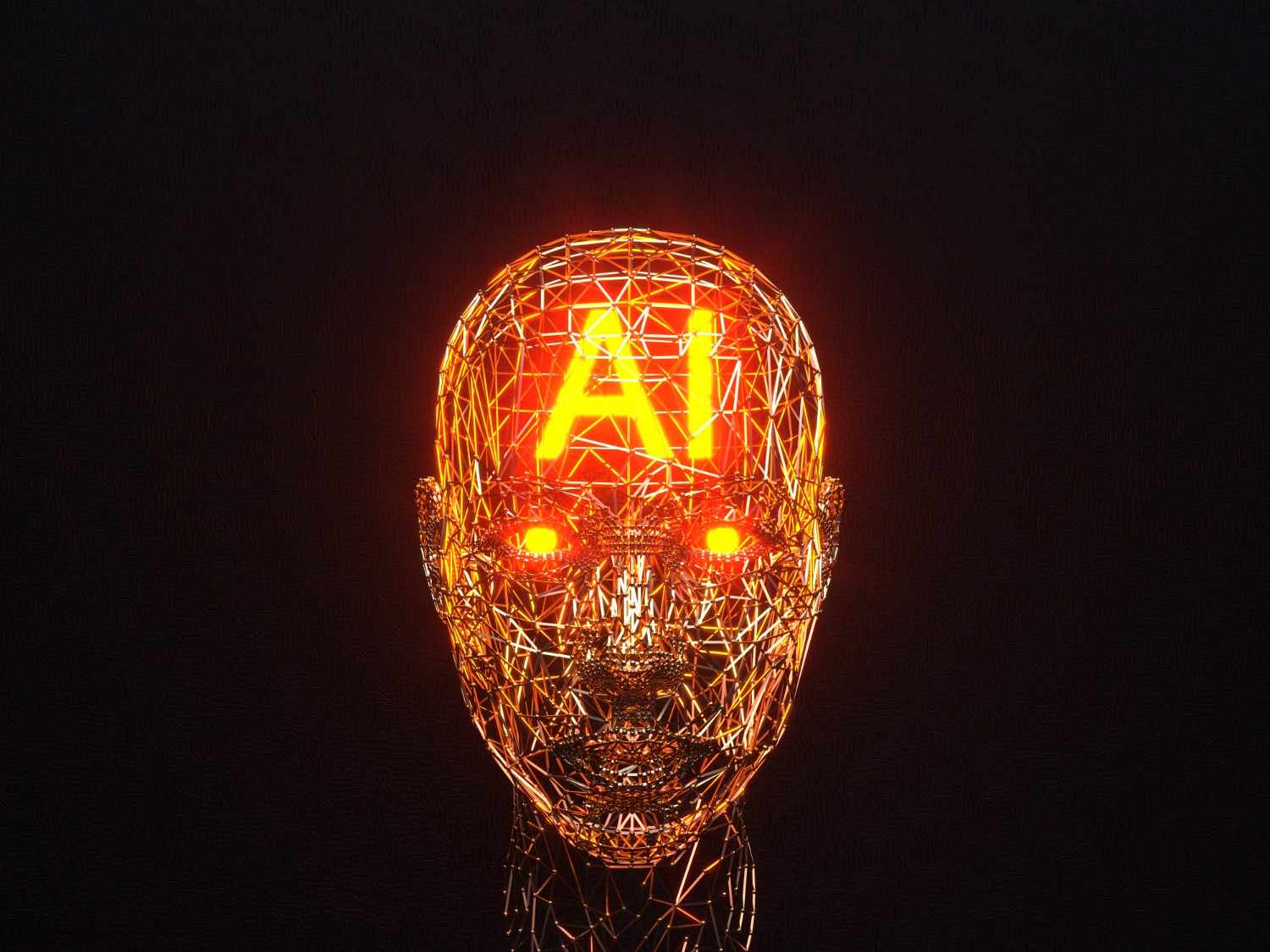
Generative AI Redefining Creativity
Generative AI is evolving far beyond text and images. It now creates high-quality video, audio, 3D design, and interactive experiences. This advancement is automating creative processes, enabling hyper-personalized marketing, and transforming media, gaming, and education.
Companies are using AI to co-create content, streamline production, and tailor customer experiences in real time. By the middle of the decade, the majority of large enterprises will integrate generative AI into daily operations.
AI Agents and Autonomous Systems
AI agents are the next evolution—autonomous entities capable of making decisions and executing actions with minimal supervision. They’ll manage workflows, handle customer support, and even oversee cross-department operations.
Forecasts suggest a future where a meaningful percentage of business decisions will be made or influenced by AI agents, improving efficiency but also raising new governance and accountability questions.
Multi-Modal AI for Human-Like Understanding
Unlike traditional models trained on single data types, multi-modal AI integrates text, visuals, sound, and motion to understand context holistically. This allows for systems that can “see,” “listen,” and “comprehend” simultaneously—driving advancements in voice assistants, robotics, and diagnostics.
Ethical, Transparent, and Explainable AI
With great power comes great responsibility. Ethical and explainable AI ensures fairness and transparency by addressing bias, accountability, and trust. As regulations evolve, businesses will need clear frameworks that explain how AI makes decisions—particularly in areas like finance, healthcare, and recruitment.
AI-Powered Cybersecurity
As AI grows, so do threats that use it. Cybersecurity powered by AI will become essential to detect, predict, and neutralize attacks in real time. Adaptive defense systems will monitor networks, learn from new attack vectors, and respond instantly—protecting both digital and physical infrastructures.
The Convergence of Digital and Physical Worlds
We are entering an era where the boundary between online and offline fades completely. The integration of digital and physical experiences will revolutionize industries, from design and logistics to entertainment and education.

Extended Reality (XR) and Spatial Computing
Extended reality—an umbrella term for AR, VR, and MR—is maturing into a powerful tool for immersive collaboration, visualization, and learning. Engineers will train through digital simulations, architects will “walk through” buildings before construction, and consumers will shop in virtual showrooms.
Spatial computing will further merge physical surroundings with digital overlays, enabling real-time data interaction through wearable tech or smart glasses.
Digital Twins: Real-Time Mirrors of Reality
Digital twins replicate real-world systems—from aircraft engines to entire cities—allowing constant monitoring, predictive maintenance, and data-driven optimization. As IoT devices multiply, digital twins will become essential for managing infrastructure, healthcare, and manufacturing efficiency.
The Internet of Things (IoT) and Edge Computing
Billions of sensors now connect everything from cars to factories. Processing this massive data load closer to its source (the “edge”) drastically reduces latency and bandwidth usage. This edge computing revolution supports real-time analytics for autonomous vehicles, smart homes, and industrial automation.
Foundational and Disruptive Technologies
Some technologies form the groundwork for others—quietly enabling the leaps ahead.
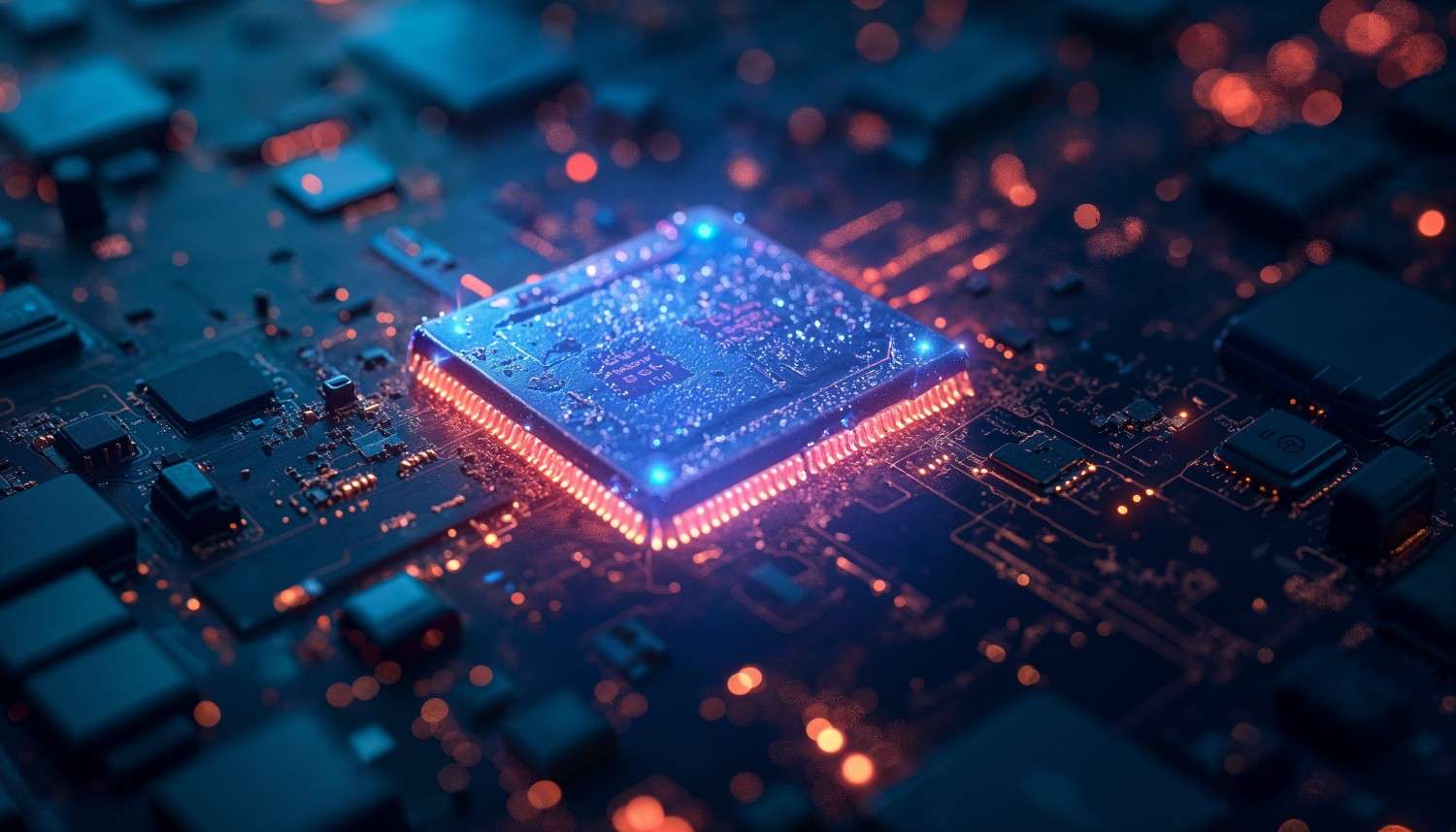
Quantum Computing and Post-Quantum Security
Quantum computing’s immense processing power could transform industries dependent on simulations, optimization, and molecular modeling. It could solve problems previously impossible with classical computing.
However, its rise also threatens today’s encryption systems, prompting a shift toward post-quantum cryptography. Businesses handling long-term sensitive data must start adopting hybrid encryption systems now to stay secure.
5G Expansion and the Path Toward 6G
The rollout of 5G continues to unlock ultra-fast connections and minimal latency, fueling innovations like connected factories and remote surgeries. Beyond that, early 6G research promises even more immersive and intelligent connectivity—laying groundwork for fully integrated smart cities.
Blockchain and Web3 Reinventing Trust
Blockchain’s reputation may have cooled, but its utility is more relevant than ever. With transparency, immutability, and decentralization, it underpins secure financial transactions, digital identities, and traceable supply chains. Web3’s user-controlled framework will continue to influence how ownership and data sovereignty are defined online.
Human-Centric and Sustainable Technology
The next wave of innovation isn’t just about performance—it’s about purpose.
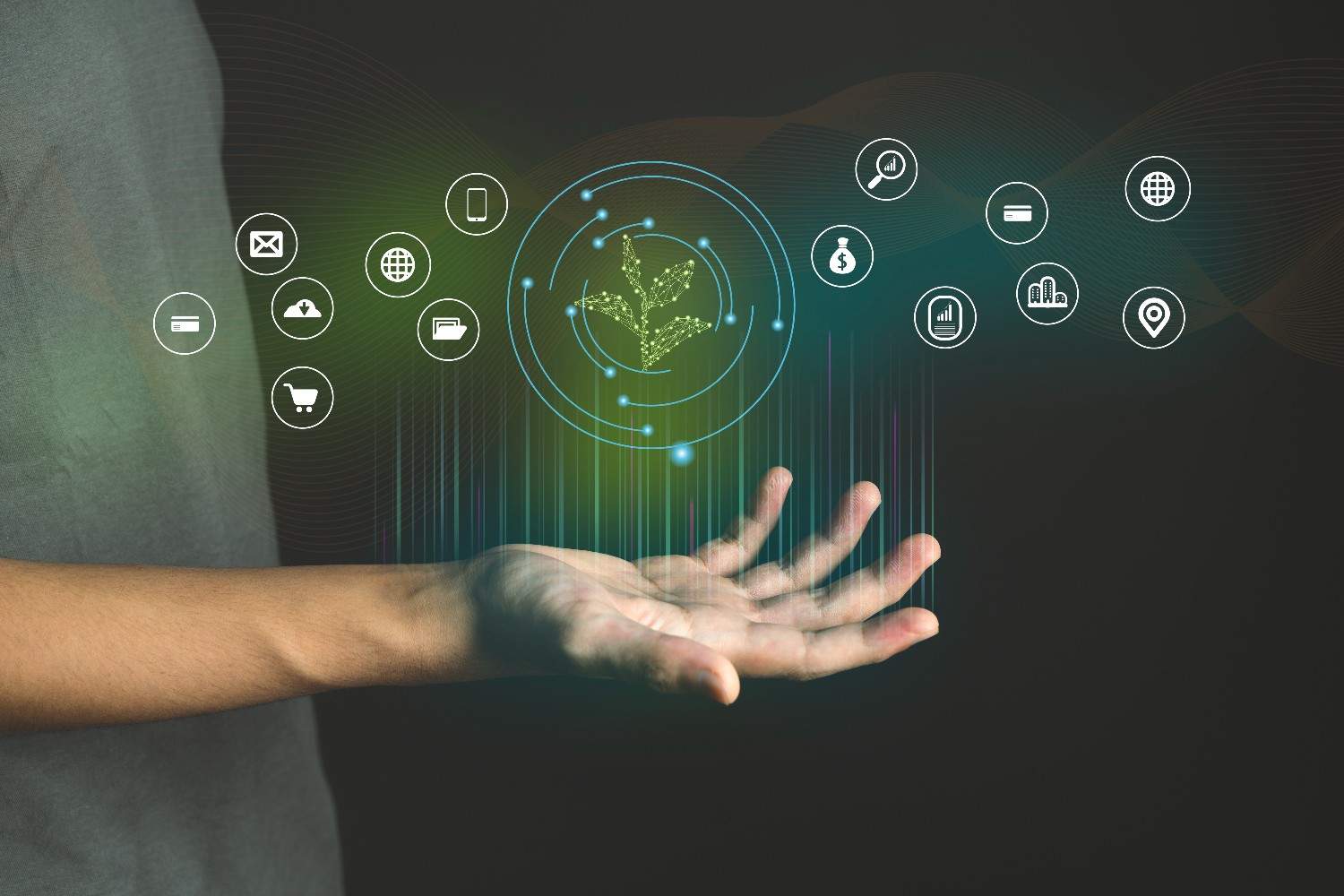
Biotechnology and Human Augmentation
From CRISPR gene editing to brain-computer interfaces, biotechnology is unlocking new frontiers in healthcare and human performance. Personalized medicine, neural enhancements, and prosthetic advancements could dramatically improve quality of life, but they’ll also demand careful ethical and regulatory oversight.
Green Technology and Sustainable Innovation
Sustainability is now a technological mandate. Expect advances in clean energy systems, carbon-neutral computing, and efficient manufacturing. AI will play a key role in managing smart grids, optimizing logistics, and minimizing environmental footprints.
Robotics and Intelligent Automation
The next generation of robots—especially “cobots” designed to collaborate with humans—will perform complex, multi-functional tasks across industries. From healthcare assistants to warehouse pickers, robotics will enhance precision, reduce labor strain, and increase productivity.
Turning Innovation Into Action
With so many transformative trends, organizations must avoid chasing every shiny object. Instead, focus on alignment and measurable impact.
- Identify relevance – Which trends directly affect your business model or industry?
- Prioritize and pilot – Test the most promising innovations through small-scale trials.
- Invest in governance early – Build ethical, security, and compliance frameworks before scaling.
- Measure ROI continuously – Evaluate adoption success using performance metrics.
- Stay agile – Refresh your tech roadmap every six months to remain future-ready.
Frequently Asked Questions
1. Which technology trend will dominate next?
Artificial intelligence remains the most dominant force, but its convergence with spatial computing, edge infrastructure, and sustainable innovation will define the next decade.
2. Is quantum computing ready for real-world use?
Quantum computing is in early commercialization. While mass adoption is years away, preparing for post-quantum security today ensures future resilience.
3. How can small businesses adapt to these trends?
Start with cloud-based AI tools, automation platforms, and data analytics. Focus on scalable tech that improves productivity before expanding to advanced systems.
4. Will automation replace human jobs?
Automation will redefine rather than eliminate jobs. Humans will focus more on strategy, creativity, and oversight, while repetitive tasks are delegated to intelligent systems.
Shaping Tomorrow: The Power of Purposeful Innovation
The technology trends that will dominate the future reveal one truth: progress is no longer optional—it’s a survival strategy. But innovation without direction risks chaos. The most successful organizations will balance ambition with accountability, investing in technologies that elevate both business and humanity.
AI will think with us, not for us. Spatial computing will connect us more deeply to our environments. Quantum, blockchain, and robotics will transform how we solve, secure, and scale. And sustainability will remain the ethical compass guiding every technological decision.
Those who align innovation with human and environmental values will not only thrive in the digital era—they’ll define it.

